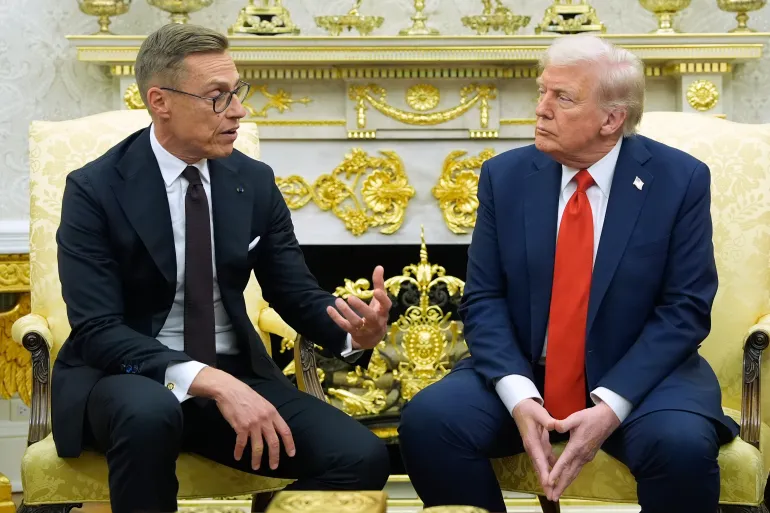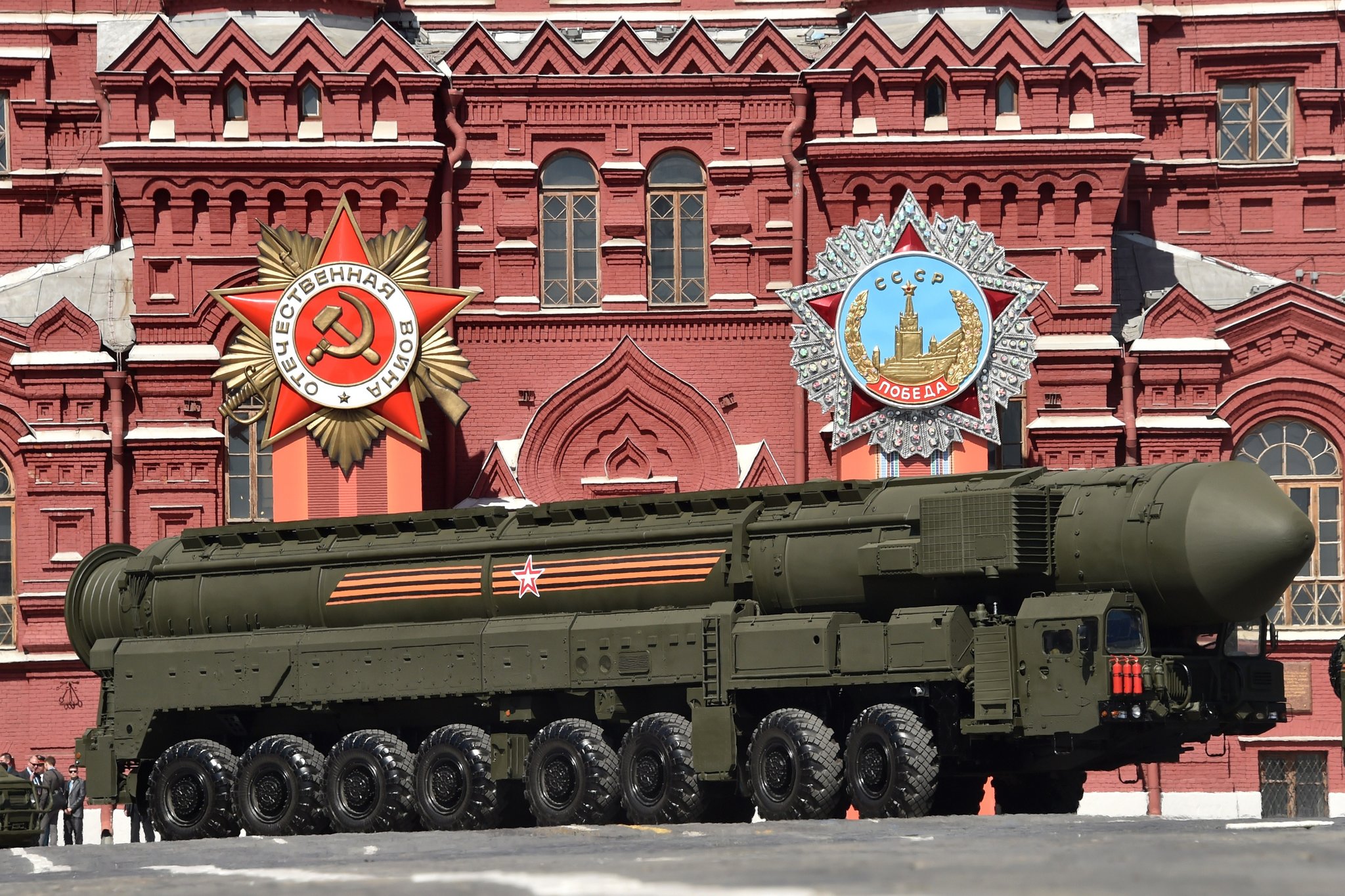SPAIN REBUFFS TRUMP’S NATO ‘LAGGARD’ JIBE, SAYS IT’S A LOYAL ALLY

Alliance spending dispute and Madrid’s message to Washington
Spain pushed back after U.S. President Donald Trump labeled it a NATO “laggard” and even mused that the country should be expelled from the alliance for underspending. Madrid’s response was swift: Spain is a “committed and loyal” ally that contributes troops and capabilities across multiple NATO missions. The war of words highlights an old argument with new stakes—the burden-sharing debate now colliding with fresh targets endorsed by Washington. Spain, one of the eurozone’s largest economies, has historically spent below the alliance’s benchmark as it tried to balance domestic priorities with defense upgrades. The government says it is ramping up its budget to meet a 2% of GDP goal and argues deployments, training, and Ukraine support show real commitment, even if headline percentages lag larger peers.
Trump’s remarks came as he pressed European partners to accelerate defense outlays, tying credibility to hard numbers. In Madrid, officials framed the criticism as election-season rhetoric in Washington and insisted Spain’s path to 2% is realistic, not symbolic. Defense Minister Margarita Robles emphasized the country’s role in NATO deterrence from the Baltics to the Mediterranean, pointing to Spanish units in Latvia and air-defense contributions across the eastern flank.
What happens next inside NATO
Allies are unlikely to entertain the idea of ejecting a member, a move that would require consensus and undermine the alliance’s deterrence message. But pressure will continue. NATO countries have already shifted from a 2% target as an “aim” to the floor of expected spending. Spain’s challenge is twofold: accelerate procurement pipelines without waste, and pair that with visible contributions to operations. Madrid’s coalition politics and budget calendar will shape how quickly new money turns into contracts for air defense, naval modernization, and munitions stocks.
For Washington, the question is whether harsher public pressure changes behavior or breeds backlash. European capitals note that sudden spikes can strain defense industries; multi-year contracts and co-production with allied firms may deliver more credible capacity. Meanwhile, Ukraine’s needs—air defenses, artillery shells, and training—remain the most immediate test of allied resolve. Spain’s government says its support for Kyiv is part of the case that commitment cannot be measured by a single ratio. The numbers will still matter. Expect Madrid’s next budget to be read as a referendum on its ambitions inside the alliance. If spending and deliveries rise in tandem, the “laggard” label will be a tougher sell; if not, the criticism will return. Either way, Spain has signaled it wants the debate to be about output—capabilities in the field—rather than just inputs on a balance sheet.






















